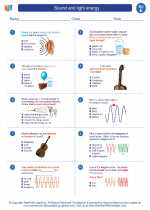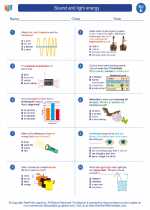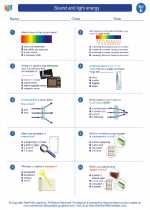Sound and light energy -> zygote
Zygote: The Beginning of Life
A zygote is the initial cell formed when two gamete cells, typically an egg and a sperm, combine during fertilization. This marks the beginning of a new organism's life cycle. The zygote contains a complete set of chromosomes, with half from the mother and half from the father, and has the potential to develop into a fully formed individual.
Formation of Zygote
When a sperm cell fertilizes an egg cell, the two gametes fuse to form a single diploid cell known as the zygote. This process typically occurs in the fallopian tube of the female reproductive system.
Genetic Material
The zygote contains all the genetic material necessary for the development of a new organism. The combination of genetic material from the two parents results in a unique genetic makeup for the zygote.
Cell Division
After fertilization, the zygote undergoes rapid cell division through a process called cleavage. These divisions give rise to the embryo, which eventually develops into a fetus.
Study Guide
- Define the term "zygote" and explain its significance in the development of an organism.
- Describe the process of zygote formation during fertilization.
- Explain the genetic composition of a zygote and how it differs from the genetic makeup of the parent cells.
- Discuss the role of cell division in the development of the zygote into an embryo.
- Compare and contrast the characteristics of a zygote with those of a fully developed organism.
Understanding the concept of the zygote is crucial in comprehending the early stages of human development and the formation of new life. It serves as the foundation for the growth and differentiation of cells that ultimately lead to the birth of a living being.
By mastering the intricacies of zygote formation and its subsequent development, one gains a deeper appreciation for the miracle of life.
.◂Science Worksheets and Study Guides Fifth Grade. Sound and light energy

 Activity Lesson
Activity Lesson
 Worksheet/Answer key
Worksheet/Answer key
 Worksheet/Answer key
Worksheet/Answer key
 Worksheet/Answer key
Worksheet/Answer key
 Worksheet/Answer key
Worksheet/Answer key
 Vocabulary/Answer key
Vocabulary/Answer key
 Vocabulary/Answer key
Vocabulary/Answer key
